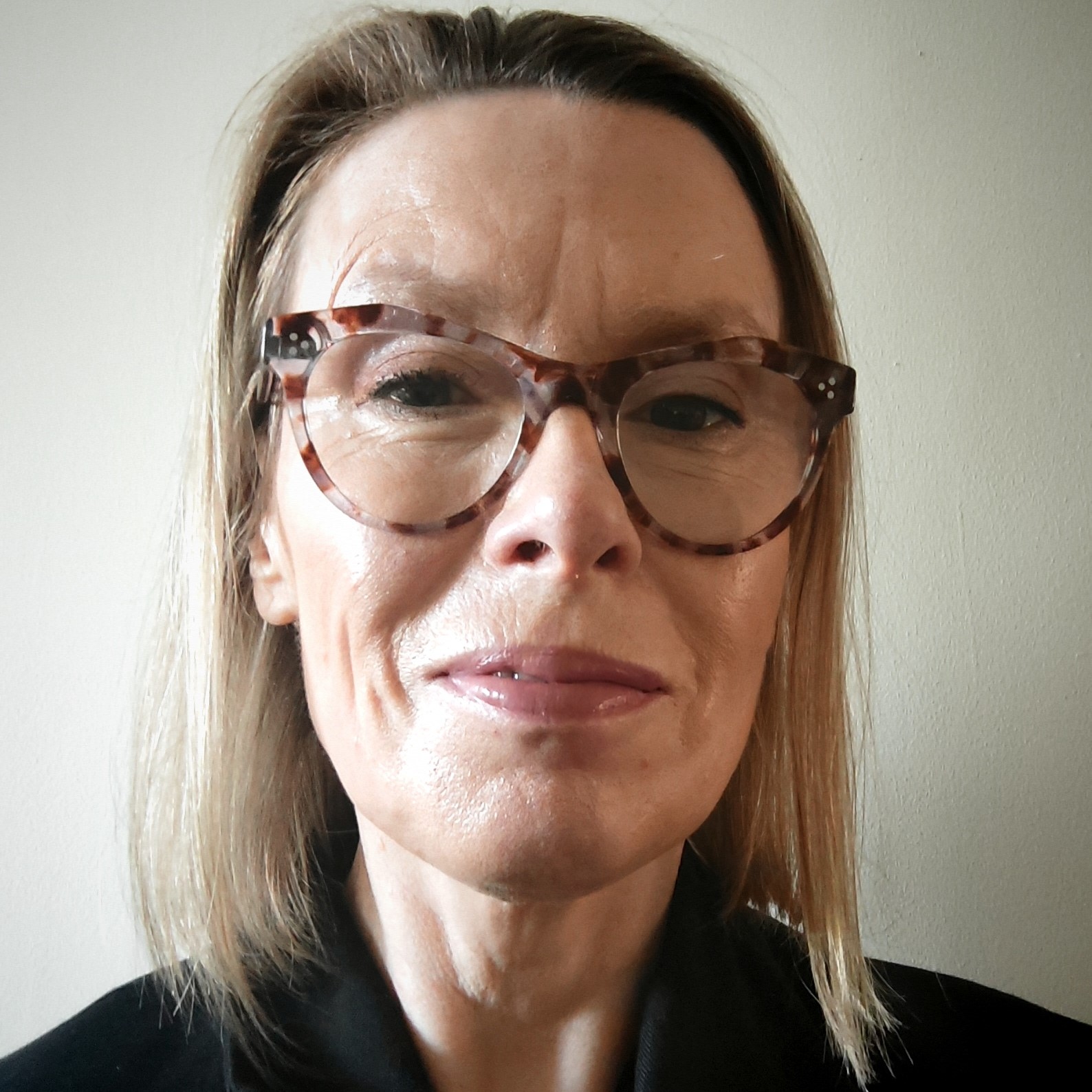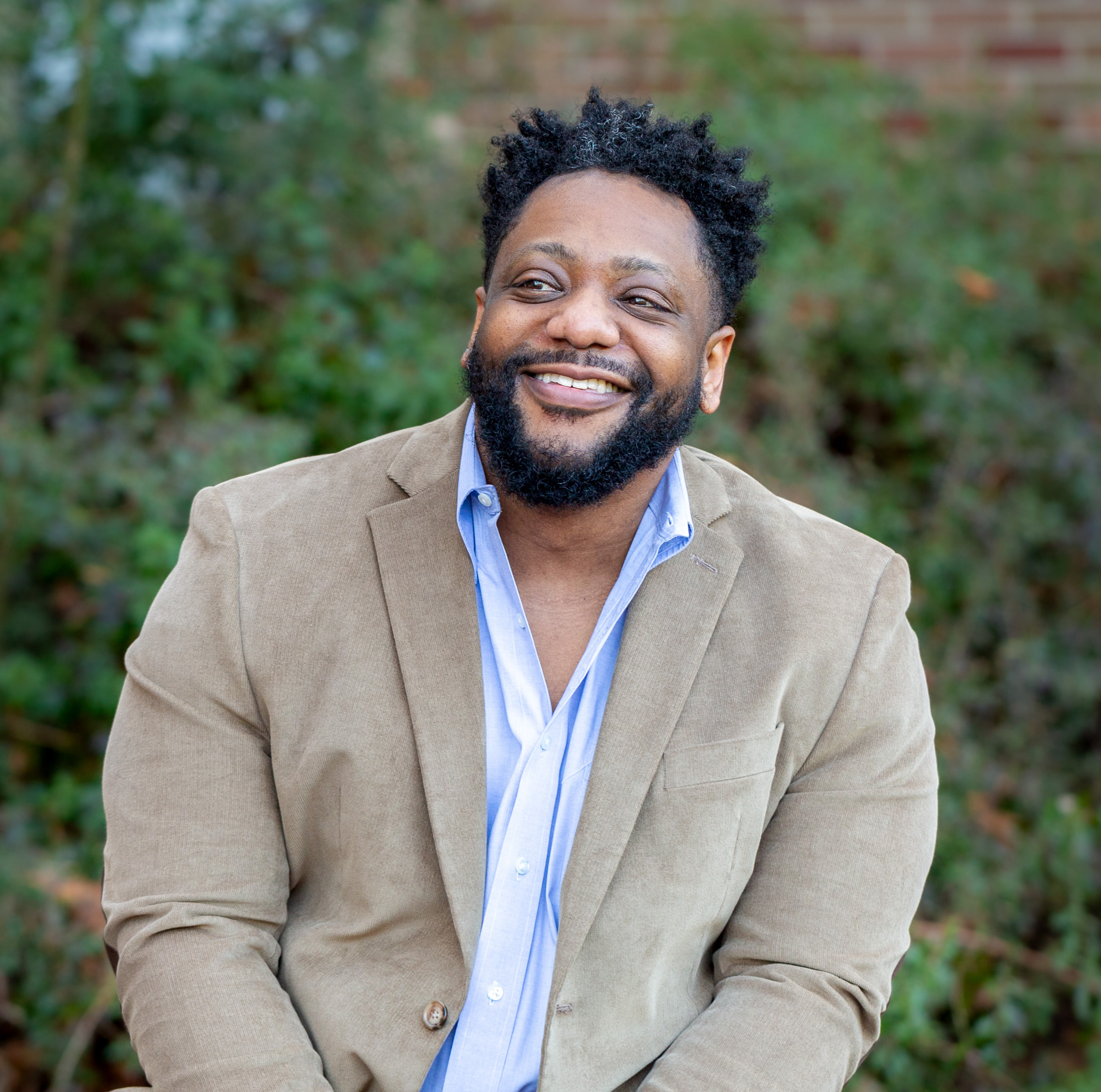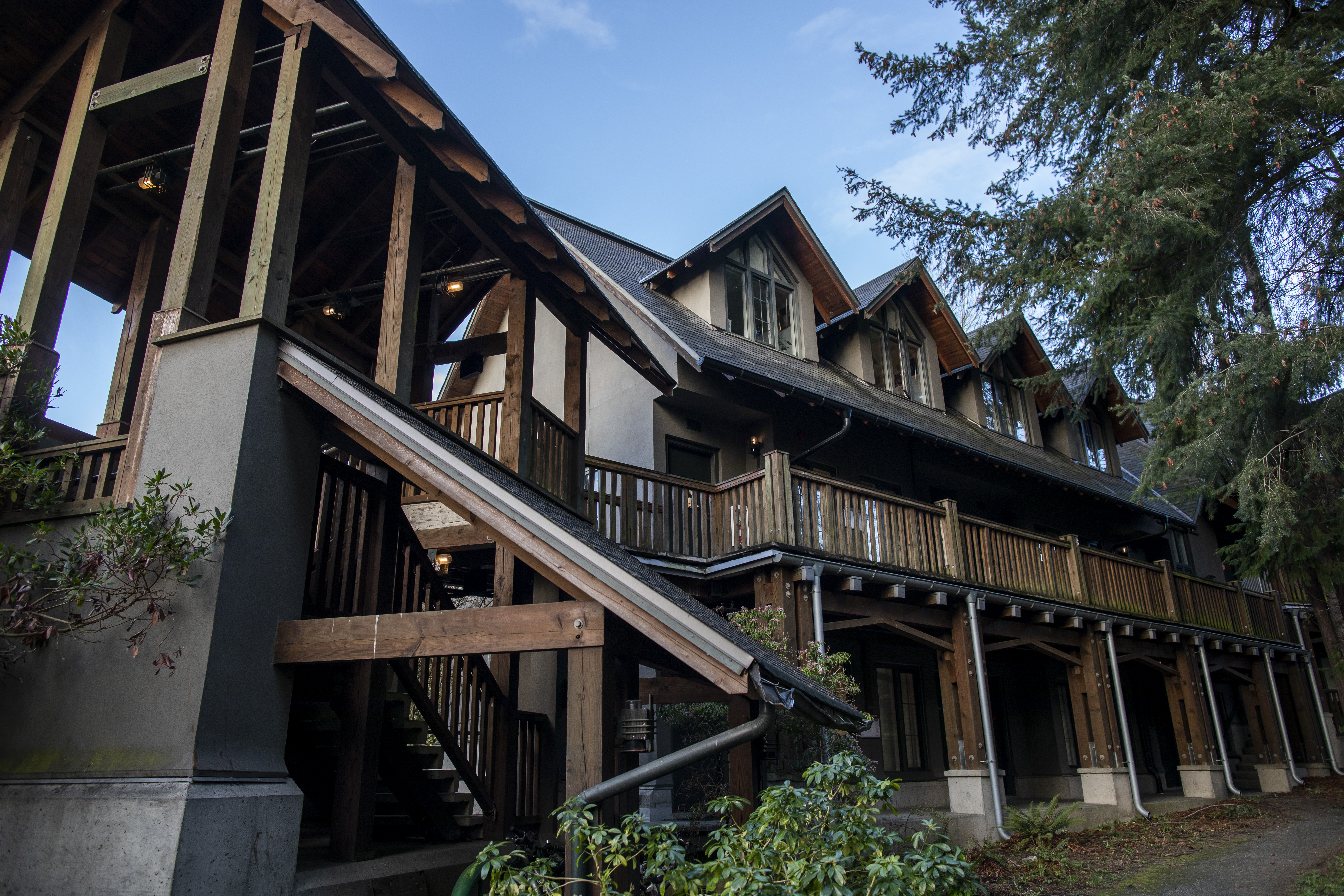John Grace memorial scholar in residence: Jason Chin
 Dr Jason Chin is an associate professor of Law at the Australian National University, and president of the Association for Interdisciplinary Metaresearch and Open Science (AIMOS). He teaches and researches evidence law and the use of scientific and expert evidence in law and public policy. He has published widely in law and science journals and collaborates closely with lawyers and the judiciary. Jason is currently leading an Australian Research Council project in collaboration with several forensic laboratories and the Australian Academy of Science to improve ability of the legal system to scrutinize science, and thereby reduce wrongful convictions.
Dr Jason Chin is an associate professor of Law at the Australian National University, and president of the Association for Interdisciplinary Metaresearch and Open Science (AIMOS). He teaches and researches evidence law and the use of scientific and expert evidence in law and public policy. He has published widely in law and science journals and collaborates closely with lawyers and the judiciary. Jason is currently leading an Australian Research Council project in collaboration with several forensic laboratories and the Australian Academy of Science to improve ability of the legal system to scrutinize science, and thereby reduce wrongful convictions.
Dr Chin will be in residence at Green College for the first half of April 2026.
Inaugural Patricia Merivale scholar in residence: Christine Ferguson
 Professor Christine Ferguson (FEA, FRHistS) is Chair in English Studies at the University of Stirling in Scotland, where her research focuses on the entwined histories of popular fiction, science, and alternative spirituality in nineteenth and twentieth-century Britain. She is the author of three books and two edited works, including the essay collection The Occult Imagination in Britain, 1875-1947 (Routledge, 2018), co-edited with Andrew Radford, and the new monograph Opens Secrets: The Popular Fiction of Britain’s Occult Revival, 1842-1936 (Oxford University Press, 2025). In 2026, she will publish the first scholarly edition of Arthur Conan Doyle’s The Land of Mist and Other Spiritualist Writings as part of the Edinburgh Edition of the Works of Arthur Conan Doyle.
Professor Christine Ferguson (FEA, FRHistS) is Chair in English Studies at the University of Stirling in Scotland, where her research focuses on the entwined histories of popular fiction, science, and alternative spirituality in nineteenth and twentieth-century Britain. She is the author of three books and two edited works, including the essay collection The Occult Imagination in Britain, 1875-1947 (Routledge, 2018), co-edited with Andrew Radford, and the new monograph Opens Secrets: The Popular Fiction of Britain’s Occult Revival, 1842-1936 (Oxford University Press, 2025). In 2026, she will publish the first scholarly edition of Arthur Conan Doyle’s The Land of Mist and Other Spiritualist Writings as part of the Edinburgh Edition of the Works of Arthur Conan Doyle.
Dr Ferguson is also a society member of Green College. She was in residence at Green College for a week in late July 2025, and then for a longer period beginning in late April through mid-May 2026.
Cecil H and Ida Green visiting professor: Matthew Hall
 Matthew Hall has written about the intersection of sports, crime, culture, and politics for The Guardian, Sydney Morning Herald, and Foreign Policy, among others. He covered the controversial bids for the 2018 and 2022 FIFA World Cups, eventually hosted by Russia and Qatar. He has extensively covered abuse in sports and systemic cover-ups by sports organizations and educational institutions across North America. His work has triggered or been used in multiple investigations into sports organizations and abuse. He is based in New York City. His book, The Away Game, was made into an award-winning film.
Matthew Hall has written about the intersection of sports, crime, culture, and politics for The Guardian, Sydney Morning Herald, and Foreign Policy, among others. He covered the controversial bids for the 2018 and 2022 FIFA World Cups, eventually hosted by Russia and Qatar. He has extensively covered abuse in sports and systemic cover-ups by sports organizations and educational institutions across North America. His work has triggered or been used in multiple investigations into sports organizations and abuse. He is based in New York City. His book, The Away Game, was made into an award-winning film.
Matthew Hall will be in residence at Green College for a week in early April, 2026.
John Grace memorial scholar in residence: elin kelsey

Dr elin kelsey, PhD, is an award-winning author, speaker, and thought-leader for the evidence-based hope and climate justice solutions movement. Her newest book, How to Be Hopeful: Empowering Practices to Overcome Despair and Act for Climate Justice will be published in October 2025. elin’s influence can be seen through the hopeful, solutions-focus of her clients, including the Monterey Bay Aquarium, the Near East South Asia Council of Overseas Schools, and other powerful institutions where she has served as a visiting fellow including the Rachel Carson Center for the Environment and Society, the Rockefeller Foundation, the Kone Foundation, the Salish Sea Institute, the Cairns Institute, and Stanford University. She co-created the viral social media campaign #OceanOptimism and is currently leading intergenerational collaborations with climate influencers to make evidence-based hope more shareable online. A best-selling children’s book author, her picture books reveal the intimate connections between humans and the greater-than-human world. Her work as a podcast host, film writer and exhibit creator celebrates the resilience that exists within ourselves, and across species. She is an adjunct faculty member of the University of Victoria School of Environmental Studies, and Western Washington University’s School of Environment. In 2020, she co-created an international network of researchers and practitioners working within the emerging academic discipline of Climate Emotions. She regularly leads workshops for environmental organizations, youth climate activists, educators, and community groups on evidence-based hope and serves as an author/artist in residence for schools around the world.
Dr elin kelsey will be in residence at Green College in March, 2026. For more on her work, visit her website. Photo credit: Shay Markowitz.
John Grace Memorial scholar in residence: Rachel Killean
 Dr Rachel Killean is a senior lecturer at the University of Sydney School of Law. Dr Killean's multidisciplinary research centres on responses to violence. She has a particular focus on transitional justice, victims’ rights, and legal innovations that seek to prevent or repair environmental harms. Dr Killean is the co-convener of the ANZSOC Green Criminology thematic group and the deputy director of the Australian Centre for Climate and Environmental Law. She sits on the editorial board for the Journal of Genocide Research, Current Issues in Criminal Justice, and the Sydney Law Review. She also directs the Sydney Law School's social justice podcast, 'Just Cause'.
Dr Rachel Killean is a senior lecturer at the University of Sydney School of Law. Dr Killean's multidisciplinary research centres on responses to violence. She has a particular focus on transitional justice, victims’ rights, and legal innovations that seek to prevent or repair environmental harms. Dr Killean is the co-convener of the ANZSOC Green Criminology thematic group and the deputy director of the Australian Centre for Climate and Environmental Law. She sits on the editorial board for the Journal of Genocide Research, Current Issues in Criminal Justice, and the Sydney Law Review. She also directs the Sydney Law School's social justice podcast, 'Just Cause'.
Dr Killean will be in residence at Green College for the first half of April 2026.
22nd writer in residence: Theresa Muñoz
 Dr Theresa Muñoz is a Canadian poet living in Edinburgh, Scotland, with a PhD from the University of Glasgow. She has published one collection of poetry, Settle, which was shortlisted for the Melita Hume Poetry Prize. Her second collection Archivum, an exploration of what it means to engage with archival artefacts, is published by Pavilion Poetry (2025) and was nominated in the Saltire Literary Prizes 2025. She has been awarded the Muriel Spark Centenary Award, Robert Louis Stevenson Fellowship, Creative Scotland Award, and shortlisted for The Kavya Prize and a Sky Arts Royal Society of Literature Writers Award. She has directed several literary initiatives in the UK, including the Newcastle Poetry Festival and the James Berry Poetry Prize.
Dr Theresa Muñoz is a Canadian poet living in Edinburgh, Scotland, with a PhD from the University of Glasgow. She has published one collection of poetry, Settle, which was shortlisted for the Melita Hume Poetry Prize. Her second collection Archivum, an exploration of what it means to engage with archival artefacts, is published by Pavilion Poetry (2025) and was nominated in the Saltire Literary Prizes 2025. She has been awarded the Muriel Spark Centenary Award, Robert Louis Stevenson Fellowship, Creative Scotland Award, and shortlisted for The Kavya Prize and a Sky Arts Royal Society of Literature Writers Award. She has directed several literary initiatives in the UK, including the Newcastle Poetry Festival and the James Berry Poetry Prize.
Theresa Muñoz will be in residence at Green College for three months beginning in January, 2026.
Photo taken by Laura Meek.
Cecil H and Ida Green visiting professor: Oliver Rollins
 Dr Oliver Rollins is the Old Dominion Career Development Professor and an associate professor of Science, Technology, and Society at MIT. He investigates how neuroscience knowledge and technologies are shaped by, and in turn influence, practices of social difference (e.g., race and racism). His first book, Conviction: The Making and Unmaking of the Violent Brain (Stanford University Press), examined the evolution of neuroimaging research on antisocial behavior, highlighting the limitations of this controversial brain model in addressing systemic issues of inequality. His new book project will analyze the field of “neurolaw,” aiming to determine how brain knowledges become legally relevant “facts,” and their potential to (re)shape ethical, legal, and sociocultural views of (in)justice, vulnerability, and reform in the context of law and society.
Dr Oliver Rollins is the Old Dominion Career Development Professor and an associate professor of Science, Technology, and Society at MIT. He investigates how neuroscience knowledge and technologies are shaped by, and in turn influence, practices of social difference (e.g., race and racism). His first book, Conviction: The Making and Unmaking of the Violent Brain (Stanford University Press), examined the evolution of neuroimaging research on antisocial behavior, highlighting the limitations of this controversial brain model in addressing systemic issues of inequality. His new book project will analyze the field of “neurolaw,” aiming to determine how brain knowledges become legally relevant “facts,” and their potential to (re)shape ethical, legal, and sociocultural views of (in)justice, vulnerability, and reform in the context of law and society.
Oliver Rollins will be in residence at Green College for two weeks in March 2026.
John Grace Memorial artist in residence: Jade Yumang
Jade Yumang was born in Quezon City, Philippines, grew up in Dubai, United Arab Emirates, immigrated to unceded Coast Salish territories in Vancouver, BC, Canada, and has been most recently living in the traditional unceded homelands of the Council of the Three Fires in Chicago, IL. They have exhibited their work in several museums and galleries nationally and internationally. Jade has received grants from the Illinois Arts Council, the Canada Council for the Arts, and the BC Arts Council. He has been an artist in residence at the Fire Island Artist Residency, Lower Manhattan Cultural Council Swing Space Residency, and Bemis Center for Contemporary Arts. They earned an MFA with Departmental Honors from Parsons School of Design in 2012 and a BFA with Honours from the University of British Columbia in 2008. Jade is an associate professor in the Department of Fiber and Material Studies at the School of the Art Institute of Chicago.
Jade Yumang will be in residence at Green College through February and March, 2026.
